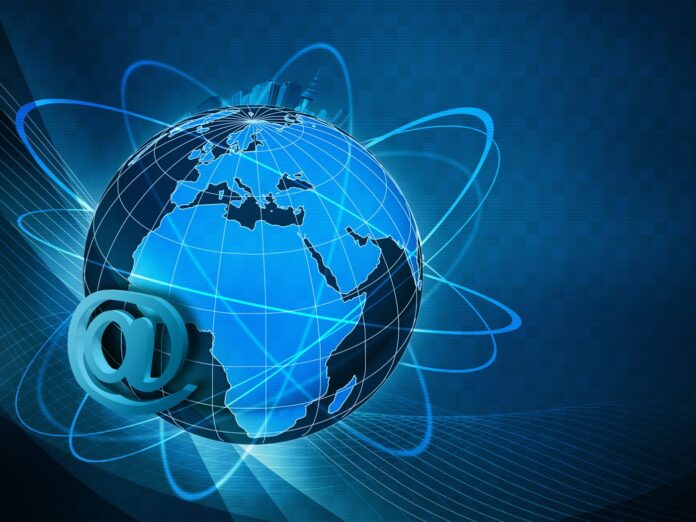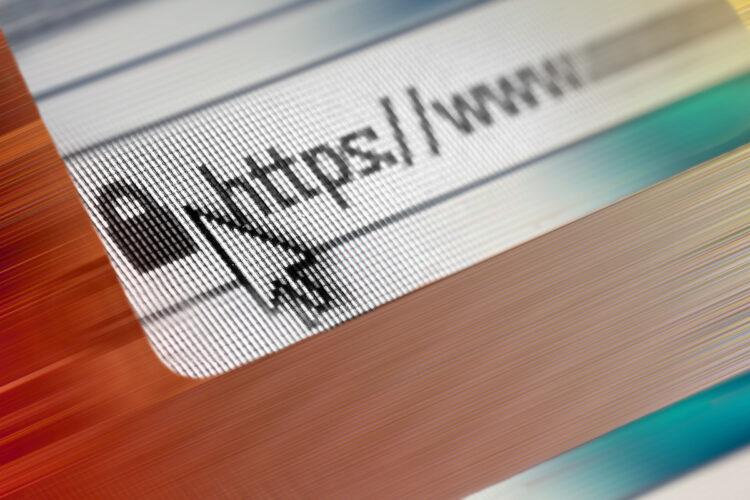
Before newspapers, people used ancient methods such as public announcements, mob gatherings, and town hall meetings to exchange information and ideas. With the invention of a newspaper, getting word to the masses became a lot easier. The digital age further refined the dynamics of dissemination. For instance, cable TV brought information from around the world to television screens in every household.
Even today, cable holds a major value, broadcasting news related to national and international events, social and political affairs, sports, weather, and entertainment across the best networks. It is great to see all these news agencies utilizing social media platforms as well. Many cable providers offer dozens of news programming. For example, Spectrum delivers all the popular news channels, such as BBC, CNN, FOX News, etc. to its TV subscribers.

However, the internet continues to outshine cable TV and radio in all aspects of information distribution. Here is why we think the internet is the best source of news:
Online News is More Prompt
Online news is more prompt, and that sets it apart from all the mediums of communication. Although, soon after a major story occurs, it takes a few minutes for the news channels to report it live on cable. However, its outreach only depends on the number of people that are watching the TV or tuned in. Cable TV has a very limited outreach. Conversely, when the news is fired through social media platforms, people who are not even online at that time get instant notifications on their smartphones. As a result, they stay up-to-date with all the things happening around them.
Print media is on the verge of extinction
Print media which was the pipeline of information once is on the verge of extinction. Newspapers were the main source of information and flowed into offices and households. We have seen a historical trend that new technology completely takes over the old one. We saw how computers pushed out typewriters entirely. Our cellphones replaced the traditional landline. Similarly, we are witnessing how the internet is pushing out print media.
Now you might argue that this extinction is recent, however, it is a slow process and happening since the start of this new century. With the rapid rise of the internet and technology’s evolution like wildfire, print media does not stand a chance. Right now, there is a 3 trillion GBs digital content present online and this grows two folds every year. Phones nowadays are not just limited to calls but they control our entire house.
Lastly, newspapersnewspapers used to be the source of advertisement. Now, that trend has entirely changed. All companies prefer advertising their products and services on the internet. This allows them better outreach.

Social Media makes News More Relevant
Social media is not just a platform(s) where we share pictures and post updates about our daily routines. There is more to it. It is a great source to understand the public perspective regarding a certain story or an issue. For example, when a news piece breaks on the internet, people usually comment and post their thoughts regarding the event. As a result, they participate in an ongoing discourse and learn about different opinions that are presented and debated there. This makes everyday news quite relevant and trendy for a while. Conversely, if you hear news on cable TV, you may not be as motivated to discuss it. The relevancy of news coming from social movements is crucial to driving change.
Internet is More Reliable
There are many stakeholders present on the internet. The news agencies, politicians, celebrities, organizations, and companies have their respective digital profiles. Since all these stakeholders are available on the web, people can get news directly from the concerned party. Their social media presence is verified by the algorithms, and it is easier to trust them. As a result, verified websites and their official social media handles minimize any chance of inaccuracy, and even if someone deviates from the truth, the internet is quick to judge and demand an apology.

The Internet does not have a Skewed Morality
The bias in broadcast media is real. Cable network companies have their own vested interests. TV channels run under the ideology of a single person and that ideology promotes a controlled version of news events. On the other hand, the internet does not have a skewed morality. It is an amalgamation of subjective moralities, which collectively create objective truth. Every person is entitled to his or her own opinion. You get information from various spectrums and sometimes, come across contrasting opinions to your belief. As a result, you become more conscious of everything and try to analyze things deeply before reaching a logical conclusion.
The Future is Digital
According to Gen-Z and the upcoming lot, cable TV belongs to an older period. The latest generation doesn’t like to sit in front of a TV to watch the news bulletin. Their primary source of information is the internet, which brings global information, recorded or live, into the palm of their hands. This is how they have grown up and we cannot change that. We cannot expect them to change. The digital age has opened up new avenues for news and information distribution in the present. The way we get our news is already changing and it is evident by the prominent presence of news channels on social media. The future is digital, and it is best to keep up with the times.

Final Verdict
Despite the popularity of internet channels, many people still verify the news online from newspapers or TV networks. Conventional journalism holds great value in terms of authenticity. The reason is simple. Anyone on the internet can become a content creator and report the news without verifying it for the sake of external validation. Nevertheless, many social media platforms are introducing fact-checking tools so that false news does not spread. Regardless, the internet is the primary source of news today and will continue to be so in the years to come.











